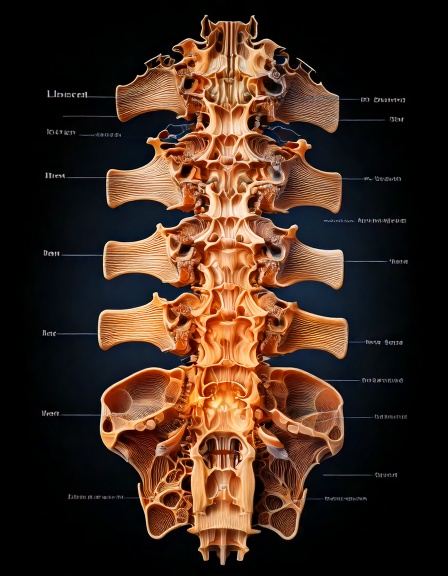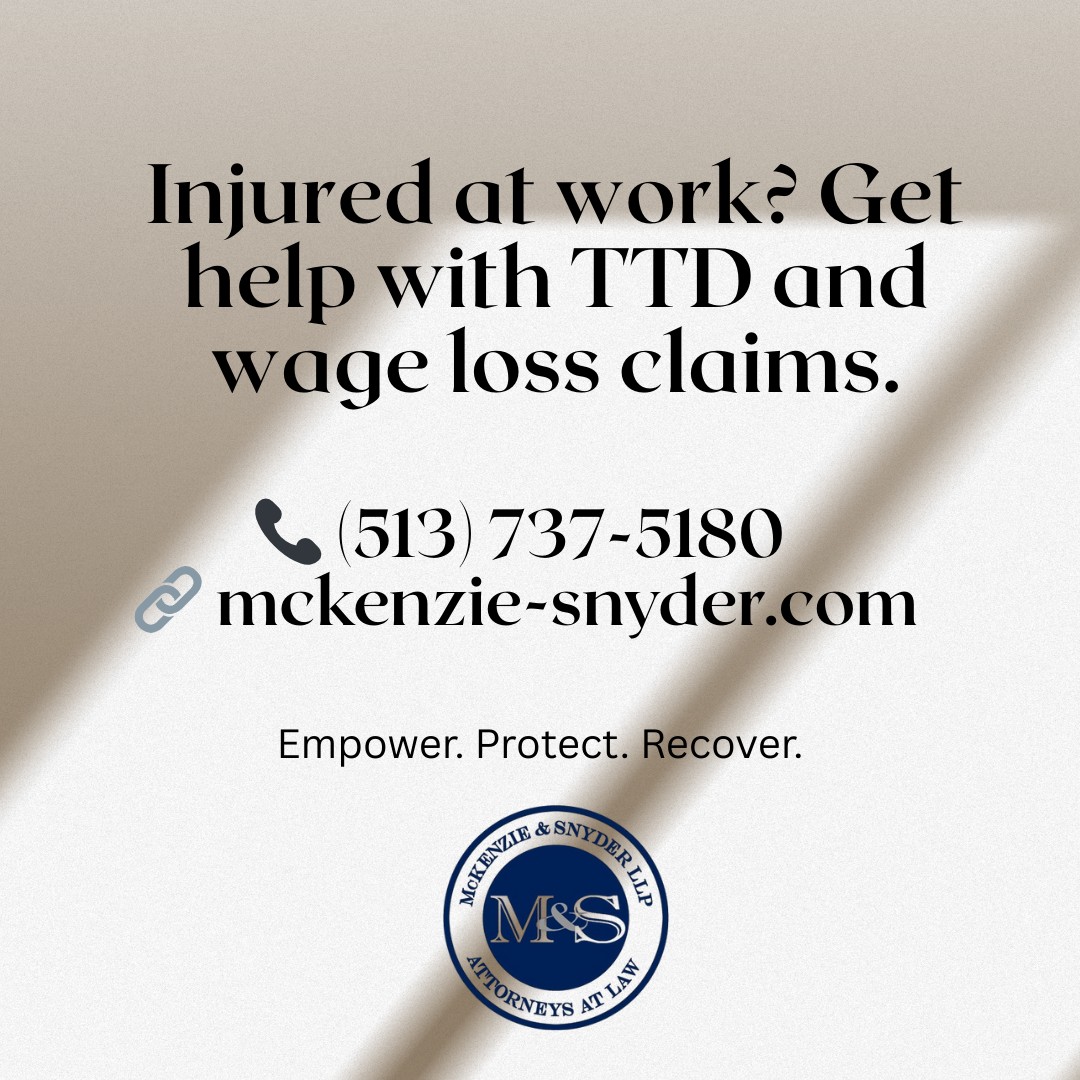
Common Questions After a Work Injury Many times our firm will receive calls from individuals who get hurt at work and they have many more questions than answers. One of the simplest questions we get is: What...

When Workplace Accidents Are Clear — and When They’re Not Many workplace accidents are rather straightforward with respect to their surrounding circumstances. A person lifts a heavy object, falls down a...

It is quite common for an employer to contest or fight a workers comp claim. An employer may argue that an accident at work did not actually take place, or that if it did, it did not result in serious injury. I...

Starting a workman’s comp or BWC claim is actually quite simple. The filing of the first report of injury form (or “froi”) and supporting documentation from your doctor is all that is generally required to get...

There are various ways the Ohio Bureau of Workers’ Compensation (BWC) or a self insured employer may pay out in an injured worker’s comp claim, including, but not limited to: - temporary total disability...

Focused Practice, Stronger Results in Injury and Workers’ Comp Law The vast majority of law offices these days specialize in a particular area or areas of the law. Larger firms may specialize in dozens of...

How Industrial Commission Hearings Impact Your Ohio Workers Comp Claim We are often hired by injured workers with bureau of workers comp (or “BWC”) claims after he or she receives notice of a hearing that will...

When Additional Conditions Are Needed in a BWC Claim It is often necessary for our firm to request additional conditions be added into a BWC or “workers comp” claim. The reason for this is that a claim may not...

Why a Free Legal Consultation Matters After an Injury A free consultation with one of the highly qualified lawyers at McKenzie & Snyder LLP has several distinct benefits for those injured in an automobile...

When an Ohio employee is hurt on the job and has an allowed workers compensation claim (BWC) claim, there are a number of ways he/she may be paid or receive compensation. The following are several of the most...

Site Disclaimer - This site/article and any information contained herein are intended for informational purposes only and should not be construed as legal advice. Seek competent legal counsel for advice on any legal matter.
©2025 Mckenzie & Snyder LLP - All Rights Reserved | Privacy Policy